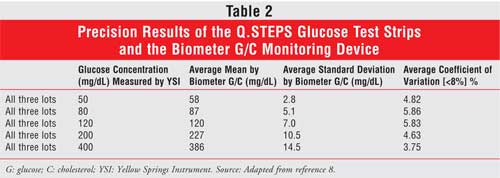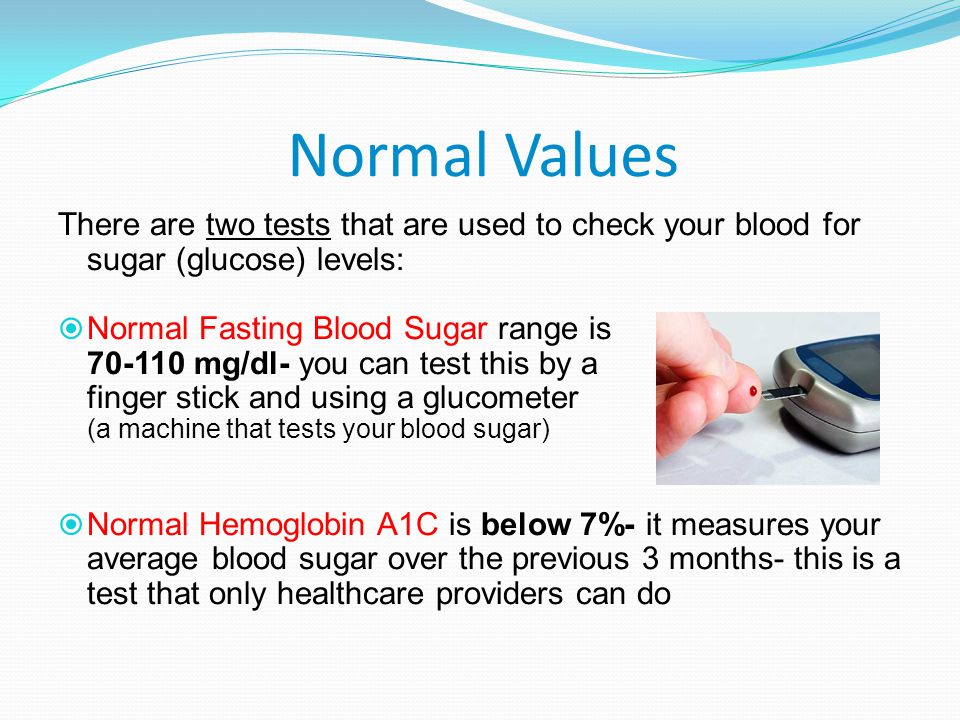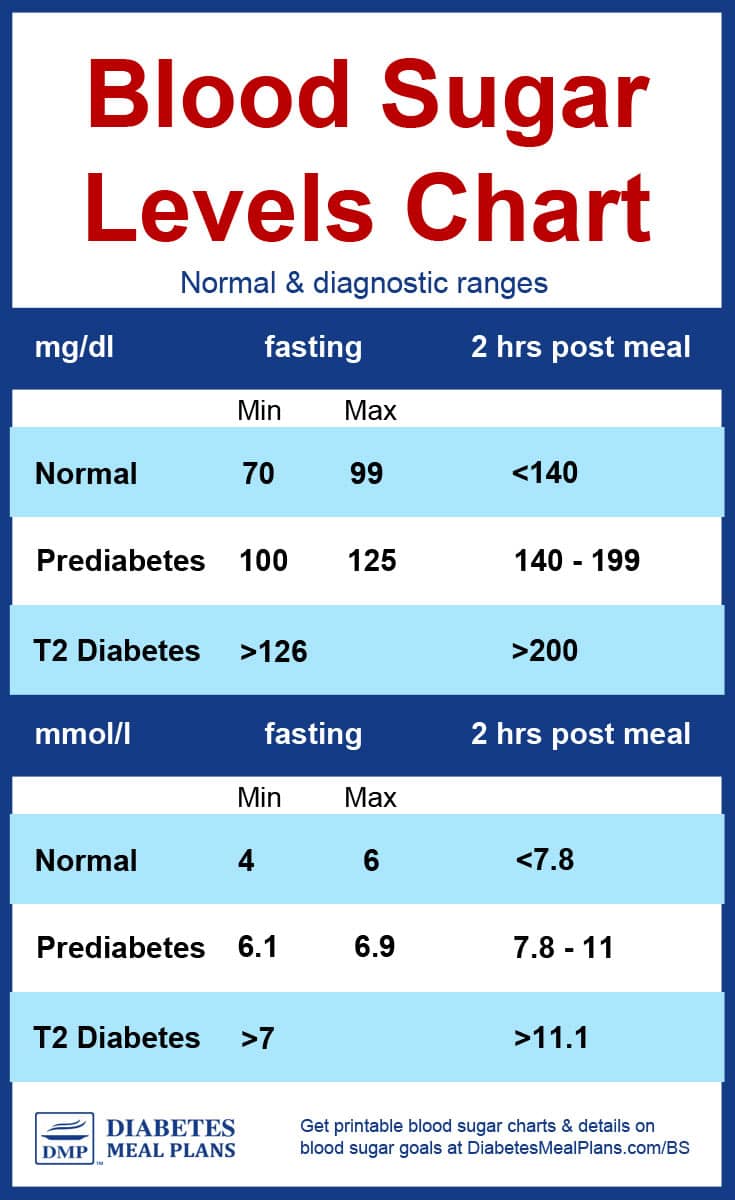Normal fasting blood glucose or blood sugar is between 70 and 100 milligrams per deciliter or mg dl for people who do not have diabetes.
Finger stick glucose test normal range.
But if you have diabetes your body doesn t make insulin type 1 diabetes or doesn t respond to it normally type.
You don t need to do anything special to prepare for your a1c test.
It can help a person with glucose management if they need to keep levels within a normal range such as those with diabetes.
July 9 2001 pricking your finger every day to test your blood for its sugar content is the painful reality of people with diabetes recently relatively pain free devices that take blood from.
Prick the side of your fingertip with the needle lancet provided with your test kit.
Touch and hold the edge of the test strip to the drop of blood.
A simple finger stick test using a very small drop of blood is all that is needed to check your glucose level.
That signals your body to absorb glucose until levels get back to normal.
A finger stick blood sugar test is the most common.
The standard diagnosis of diabetes is made when two separate blood tests show that your fasting blood glucose level is greater than or equal to 126 mg dl.
Doctors use blood sugar charts to set target goals and monitor diabetes.
What the numbers mean a fasting blood sugar of 99 mg dl or less is considered within the normal range.
For those who have diabetes testing your blood sugar regularly can be an important aspect to controlling your blood sugar.
Insert a test strip into your meter.
Blood glucose levels vary depending on a person s health status and whether they have eaten.
There are different methods to obtain a blood sugar reading including finger stick blood tests using a blood glucose monitor or by wearing a sensor for readings 24 hours a day with a continuous glucose monitor cgm.
The meter will display your blood sugar level on a screen after a few seconds.
However ask your doctor if other tests will be done at the same time and if you need to prepare for them.
Your health care provider will let you know how you should prepare for the test.
People without diabetes typically have between 72 140 milligrams of glucose per 1 deciliter of blood.









